
The historical dictionaries present essential information on a broad range of subjects, including American and world history, art, business, cities, countries, cultures, customs, film, global conflicts, international relations, literature, music, philosophy, religion, sports, and theater. Written by experts, all contain highly informative introductory essays of the topic and detailed chronologies that, in some cases, cover vast historical time periods but still manage to heavily feature more recent events.
Brief AZ entries describe the main people, events, politics, social issues, institutions, and policies that make the topic unique, and entries are cross-referenced for ease of browsing. Extensive bibliographies are divided into several general subject areas, providing excellent access points for students, researchers, and anyone wanting to know more. Additionally, maps, photographs, and appendixes of supplemental information aid high school and college students doing term papers or introductory research projects. In short, the historical dictionaries are the perfect starting point for anyone looking to research in these fields.
Historical Dictionaries of Literature
and the Arts
Jon Woronoff, Series Editor
Science Fiction Literature , by Brian Stableford, 2004.
Hong Kong Cinema , by Lisa Odham Stokes, 2007.
American Radio Soap Operas , by Jim Cox, 2005.
Japanese Traditional Theatre , by Samuel L. Leiter, 2006.
Fantasy Literature , by Brian Stableford, 2005.
Australian and New Zealand Cinema , by Albert Moran and Errol Vieth, 2006.
African-American Television , by Kathleen Fearn-Banks, 2006.
Lesbian Literature , by Meredith Miller, 2006.
Scandinavian Literature and Theater , by Jan Sjvik, 2006.
British Radio , by Sen Street, 2006.
German Theater , by William Grange, 2006.
African American Cinema , by S. Torriano Berry and Venise Berry, 2006.
Sacred Music , by Joseph P. Swain, 2006.
Russian Theater , by Laurence Senelick, 2007.
French Cinema , by Dayna Oscherwitz and MaryEllen Higgins, 2007.
Postmodernist Literature and Theater , by Fran Mason, 2007.
Irish Cinema , by Roderick Flynn and Pat Brereton, 2007.
Australian Radio and Television , by Albert Moran and Chris Keating, 2007.
Polish Cinema , by Marek Haltof, 2007.
Old Time Radio , by Robert C. Reinehr and Jon D. Swartz, 2008.
Renaissance Art , by Lilian H. Zirpolo, 2008.
Broadway Musical , by William A. Everett and Paul R. Laird, 2008.
American Theater: Modernism , by James Fisher and Felicia Hardison Londr, 2008.
German Cinema , by Robert C. Reimer and Carol J. Reimer, 2008.
Horror Cinema , by Peter Hutchings, 2008.
Westerns in Cinema , by Paul Varner, 2008.
Chinese Theater , by Tan Ye, 2008.
Italian Cinema , by Gino Moliterno, 2008.
Architecture , by Allison Lee Palmer, 2008.
Russian and Soviet Cinema , by Peter Rollberg, 2008.
African American Theater , by Anthony D. Hill, 2009.
Postwar German Literature , by William Grange, 2009.
Modern Japanese Literature and Theater , by J. Scott Miller, 2009.
Animation and Cartoons , by Nichola Dobson, 2009.
Modern Chinese Literature , by Li-hua Ying, 2010.
Middle Eastern Cinema , by Terri Ginsberg and Chris Lippard, 2010.
Spanish Cinema , by Alberto Mira, 2010.
Film Noir , by Andrew Spicer, 2010.
French Theater , by Edward Forman, 2010.
Choral Music , by Melvin P. Unger, 2010.
Westerns in Literature , by Paul Varner, 2010.
Baroque Art and Architecture , by Lilian H. Zirpolo, 2010.
Surrealism , by Keith Aspley, 2010.
Science Fiction Cinema , by M. Keith Booker, 2010.
Latin American Literature and Theater , by Richard A. Young and Odile Cisneros, 2011.
Childrens Literature , by Emer OSullivan, 2010.
German Literature to 1945 , by William Grange, 2011.
Neoclassical Art and Architecture , by Allison Lee Palmer, 2011.
American Cinema , by M. Keith Booker, 2011.
American Theater: Contemporary , by James Fisher, 2011.
English Music: ca. 14001958 , by Charles Edward McGuire and Steven E. Plank, 2011.
Rococo Art , by Jennifer D. Milam, 2011.
Romantic Art and Architecture , by Allison Lee Palmer, 2011.
Japanese Cinema , by Jasper Sharp, 2011.
Modern and Contemporary Classical Music , by Nicole V. Gagn, 2012.
Russian Music , by Daniel Jaff, 2012.
Music of the Classical Period , by Bertil van Boer, 2012.
Holocaust Cinema , by Robert C. Reimer and Carol J. Reimer, 2012.
Asian American Literature and Theater , by Wenjing Xu, 2012.
Beat Movement , by Paul Varner, 2012.
Jazz , by John S. Davis, 2012.
Crime Films , by Geoff Mayer, 2013.
Historical Dictionary of Crime Films
Geoff Mayer
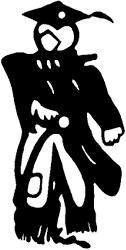
The Scarecrow Press, Inc.
Lanham Toronto Plymouth, UK
2012
Published by Scarecrow Press, Inc.
A wholly owned subsidiary of The Rowman & Littlefield Publishing Group, Inc.
4501 Forbes Boulevard, Suite 200, Lanham, Maryland 20706
www.rowman.com
10 Thornbury Road, Plymouth PL6 7PP, United Kingdom
Copyright 2012 by Geoff Mayer
All rights reserved . No part of this book may be reproduced in any form or by any electronic or mechanical means, including information storage and retrieval systems, without written permission from the publisher, except by a reviewer who may quote passages in a review.
All photos are courtesy of Photofest.
British Library Cataloguing in Publication Information Available
Library of Congress Cataloging-in-Publication Data
Mayer, Geoff.
Historical dictionary of crime films / Geoff Mayer.
p. cm. (Historical dictionaries of literature)
Includes bibliographical references.
ISBN 978-0-8108-6769-7 (cloth : alk. paper) ISBN 978-0-8108-7900-3
(ebook)
1. Crime filmsDictionaries. I. Title.
PN1995.9.C66M39 2013
791.43'655603dc23
2012017334
 The paper used in this publication meets the minimum requirements of American National Standard for Information SciencesPermanence of Paper for Printed Library Materials, ANSI/NISO Z39.48-1992.
The paper used in this publication meets the minimum requirements of American National Standard for Information SciencesPermanence of Paper for Printed Library Materials, ANSI/NISO Z39.48-1992.
Printed in the United States of America
Editors Foreword
As anyone who watches crime films will realize, the term is not quite as simple as it at first appears, since it covers, among other things, both detective and gangster filmsdepending on whose side you focus onas well as suspense thrillers, police procedurals, and other subgenres. And, depending on who scripted the film (or more likely, who wrote the original source), you may be dealing with a rather sedate classical detective film or a rougher, grittier hard-boiled version, just to mention two variations. To this, of course, can be added more specialized genres such as the caper film and film noir. Moreoverand this is increasingly the caseyou may have trouble figuring out who the good guy is. Once, it was obviously the detective or policeman, but nowadays it could just as well be the felon, who was almost always the villain when things were simpler and perhaps there was a code to follow. This makes crime films a much richer source of entertainment and instructionyes, instruction, because many people in the audience base their views of life, who is right and who is wrong, who is the good guy and who is the bad guy, on what they see on the silver screen.

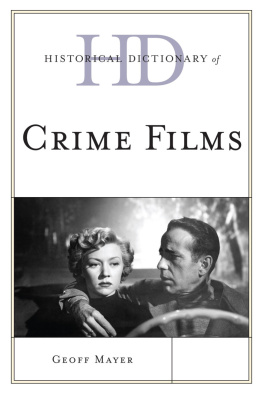
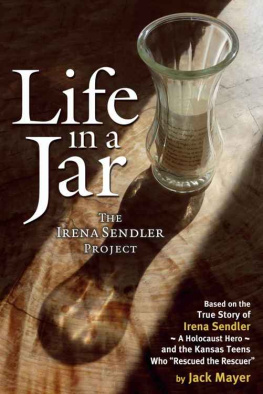
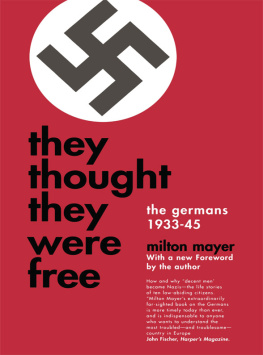
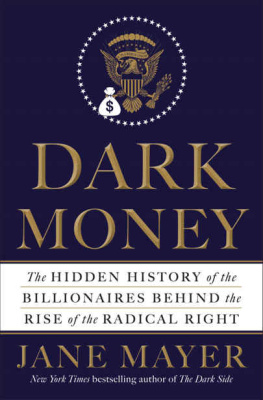
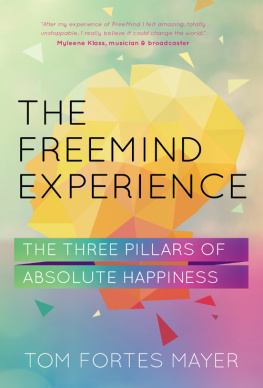
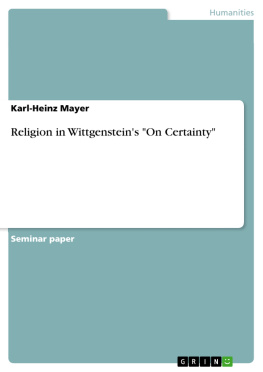
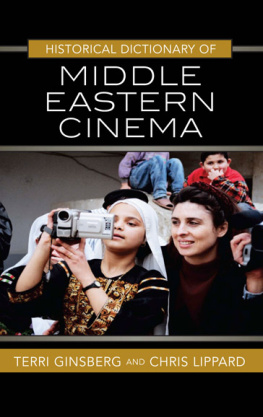
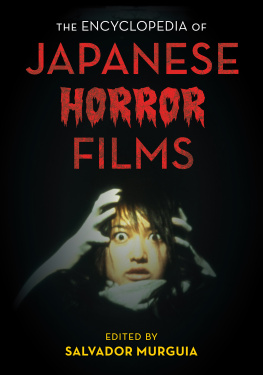
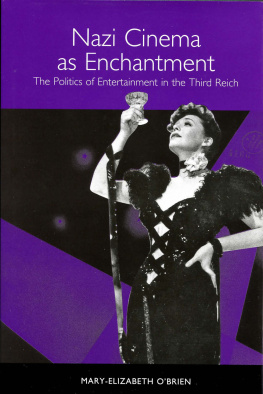
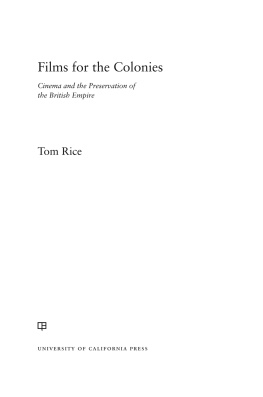


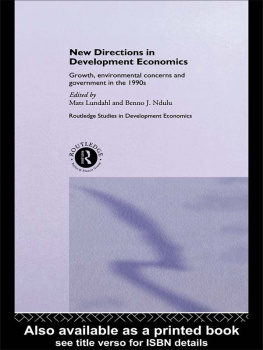
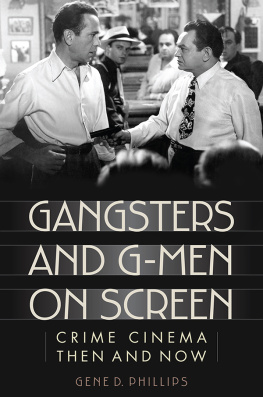

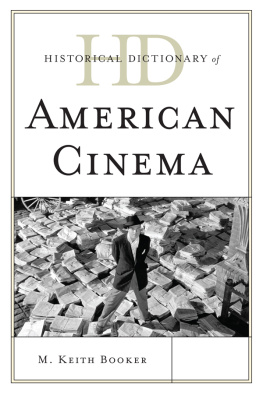
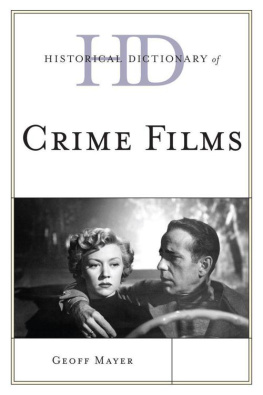


 The paper used in this publication meets the minimum requirements of American National Standard for Information SciencesPermanence of Paper for Printed Library Materials, ANSI/NISO Z39.48-1992.
The paper used in this publication meets the minimum requirements of American National Standard for Information SciencesPermanence of Paper for Printed Library Materials, ANSI/NISO Z39.48-1992.